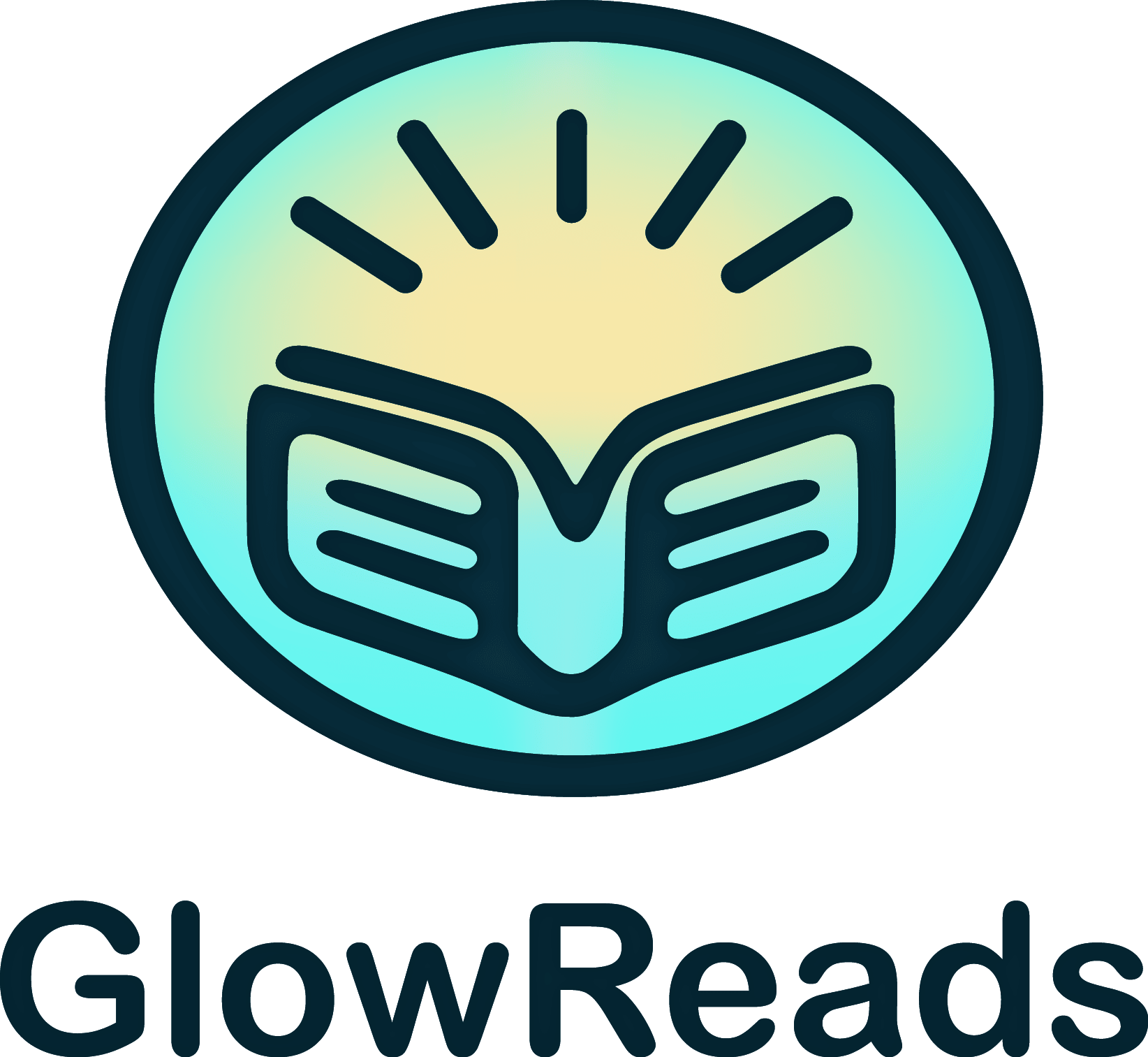Introduction to Psychology Literature
Psychology literature encompasses a broad range of works that explore the science of mind and behavior. These books serve as essential resources for students, practitioners, researchers, and anyone interested in understanding the complexities of human thoughts, emotions, and actions. From foundational textbooks and clinical guides to popular psychology and self-help books, psychology literature provides comprehensive knowledge necessary for the study and practice of psychology. Whether you are a psychology student seeking to grasp the basics, a professional looking to stay updated on the latest research, or an individual wanting to understand more about human behavior, psychology books offer valuable insights and practical guidance.
Key Topics in Psychology Books
Psychology literature covers an extensive array of topics and fields, each offering unique insights and essential knowledge. Key topics include cognitive psychology, developmental psychology, clinical psychology, social psychology, and neuropsychology. Cognitive psychology books explore the mental processes involved in perception, memory, thinking, and language, providing insights into how we understand and interact with the world. Developmental psychology texts examine the psychological changes that occur throughout the lifespan, from infancy to old age, offering crucial knowledge for understanding human growth and development. Clinical psychology literature focuses on the assessment, diagnosis, and treatment of mental health disorders, providing practical guidance for therapeutic practices. Social psychology books investigate the influence of social interactions on individual behavior, exploring topics such as group dynamics, persuasion, and social identity. Neuropsychology literature delves into the relationship between brain function and behavior, offering insights into the neurological underpinnings of psychological processes. These topics provide a comprehensive foundation for understanding and advancing psychological knowledge.
Top Psychology Books for Students and Professionals
Selecting the best psychology books can be a challenging task, given the vast number of high-quality options available. For students, “Psychology” by David G. Myers offers a comprehensive introduction to the field, covering a wide range of topics in an engaging and accessible manner. “The Developing Person Through the Life Span” by Kathleen Stassen Berger provides an in-depth exploration of developmental psychology, with detailed coverage of the psychological changes that occur throughout life. For professionals, “Diagnostic and Statistical Manual of Mental Disorders (DSM-5)” by the American Psychiatric Association is an essential resource for diagnosing and classifying mental health disorders. “The Body Keeps the Score” by Bessel van der Kolk offers valuable insights into trauma and its impact on the body and mind, providing practical guidance for treatment. “Influence: The Psychology of Persuasion” by Robert B. Cialdini explores the principles of persuasion and how they can be applied in various contexts, offering valuable insights for both personal and professional development. These books, among others, provide valuable knowledge and practical guidance, making them essential additions to any psychology library.
How to Choose a Psychology Book
Choosing the right psychology book depends on your specific interests and level of expertise. Start by identifying the topics or fields that align with your goals—whether it’s cognitive psychology, developmental psychology, clinical psychology, social psychology, or neuropsychology. Next, consider the level of complexity you are comfortable with. Some books are designed for beginners, providing an introduction to basic concepts, while others offer advanced analysis suitable for professionals and specialists. Reading reviews and recommendations from trusted sources can also guide your decision, helping you gauge the book’s quality and relevance. Additionally, exploring award-winning books and those authored by renowned psychologists can ensure you select works that are well-regarded in the field. Sampling a few pages or chapters can help you determine if the author’s style and approach resonate with you, making the learning experience more enjoyable and effective.
Book Reviews: Must-Read Psychology Works
1. “Psychology” by David G. Myers: This comprehensive introduction to psychology covers a wide range of topics, from biological bases of behavior to social influences on behavior. Myers’s engaging writing style and clear explanations make complex concepts accessible, providing a solid foundation for students new to the field of psychology.
2. “The Developing Person Through the Life Span” by Kathleen Stassen Berger: This book offers an in-depth exploration of developmental psychology, covering the psychological changes that occur from infancy to old age. Berger’s clear and detailed coverage of each stage of development provides valuable insights for students and professionals alike, making it an essential resource for understanding human growth and development.
3. “Diagnostic and Statistical Manual of Mental Disorders (DSM-5)” by the American Psychiatric Association: This authoritative manual is the standard reference for diagnosing and classifying mental health disorders. The DSM-5 provides detailed descriptions of diagnostic criteria, helping professionals accurately identify and treat various psychological conditions. Its comprehensive coverage and clinical utility make it an indispensable resource for mental health practitioners.
4. “The Body Keeps the Score” by Bessel van der Kolk: This book offers valuable insights into the impact of trauma on the body and mind, exploring the ways in which traumatic experiences shape behavior and affect physical health. Van der Kolk combines scientific research with clinical case studies to provide practical guidance for treating trauma, making it an essential read for mental health professionals and anyone interested in understanding trauma.
5. “Influence: The Psychology of Persuasion” by Robert B. Cialdini: This book explores the principles of persuasion and how they can be applied in various contexts, from marketing to personal relationships. Cialdini’s clear explanations and real-world examples make complex psychological concepts accessible, offering valuable insights for both personal and professional development. The book’s focus on practical applications makes it an indispensable resource for anyone interested in understanding and utilizing the power of persuasion.
Author Spotlights: Influential Psychologists
1. David G. Myers: Known for his engaging writing style and comprehensive coverage of psychological topics, Myers has authored several popular textbooks that are widely used in psychology education. His ability to present complex concepts in an accessible and engaging manner has made his works essential resources for students and educators.
2. Kathleen Stassen Berger: A respected author in the field of developmental psychology, Berger’s work, including “The Developing Person Through the Life Span,” provides detailed and insightful coverage of human development. Her clear and thorough approach to explaining psychological changes throughout life has made her books valuable resources for students and professionals.
3. American Psychiatric Association: As the authoritative body behind the DSM-5, the American Psychiatric Association plays a crucial role in the field of mental health. The DSM-5 is the standard reference for diagnosing and classifying mental health disorders, providing essential guidance for practitioners and researchers in the field.
4. Bessel van der Kolk: A leading expert on trauma, van der Kolk’s work, including “The Body Keeps the Score,” has provided groundbreaking insights into the impact of trauma on the body and mind. His research and clinical experience have significantly advanced the understanding and treatment of trauma, making his contributions invaluable to the field of psychology.
5. Robert B. Cialdini: Renowned for his research on persuasion and social influence, Cialdini’s work, including “Influence: The Psychology of Persuasion,” has had a profound impact on both academic research and practical applications. His clear explanations and real-world examples have made his insights accessible to a wide audience, influencing fields such as marketing, management, and social psychology.
Reader’s Corner: Understanding Human Behavior through Books
1. Join a Psychology Book Club: Engaging with others who share an interest in psychology can enhance your reading experience. Book clubs offer opportunities for discussion, debate, and deeper understanding of psychological concepts and theories. Sharing insights and perspectives can enrich your comprehension and application of the knowledge discussed in the books.
2. Attend Psychology Conferences and Workshops: Many universities and professional organizations offer conferences, workshops, and seminars on various psychological topics. Attending these events can provide valuable insights from experts, networking opportunities, and exposure to the latest research and advancements in the field. They also offer a chance to engage with thought leaders and gain practical knowledge applicable to your psychological interests.
3. Explore Online Psychology Courses: Websites like Coursera, edX, and the Great Courses offer courses on a wide range of psychological topics. These platforms provide structured learning experiences that can complement your reading. Online courses can help you delve deeper into specific areas of interest, offering practical skills and theoretical knowledge that enhance your understanding of the books you read.
4. Subscribe to Psychology Journals and Magazines: Publications like “Psychological Science,” “The American Psychologist,” and “The Journal of Clinical Psychology” offer articles, case studies, and analyses on current psychological research and issues. Regularly reading these publications can keep you informed about the latest developments in the field and provide context for the concepts discussed in psychology books.
5. Keep a Psychology Journal: Documenting your thoughts and reflections as you read various psychological texts can enhance your understanding and retention of the material. A psychology journal allows you to track your progress, note important themes and arguments, and reflect on your personal reactions to the knowledge. Keeping a journal can also serve as a personal record of your psychological journey, helping you to see how your thoughts and insights evolve over time. By regularly writing in your journal, you can develop a more critical and analytical approach to reading, which will deepen your appreciation of the diverse perspectives and innovations in psychology literature.


